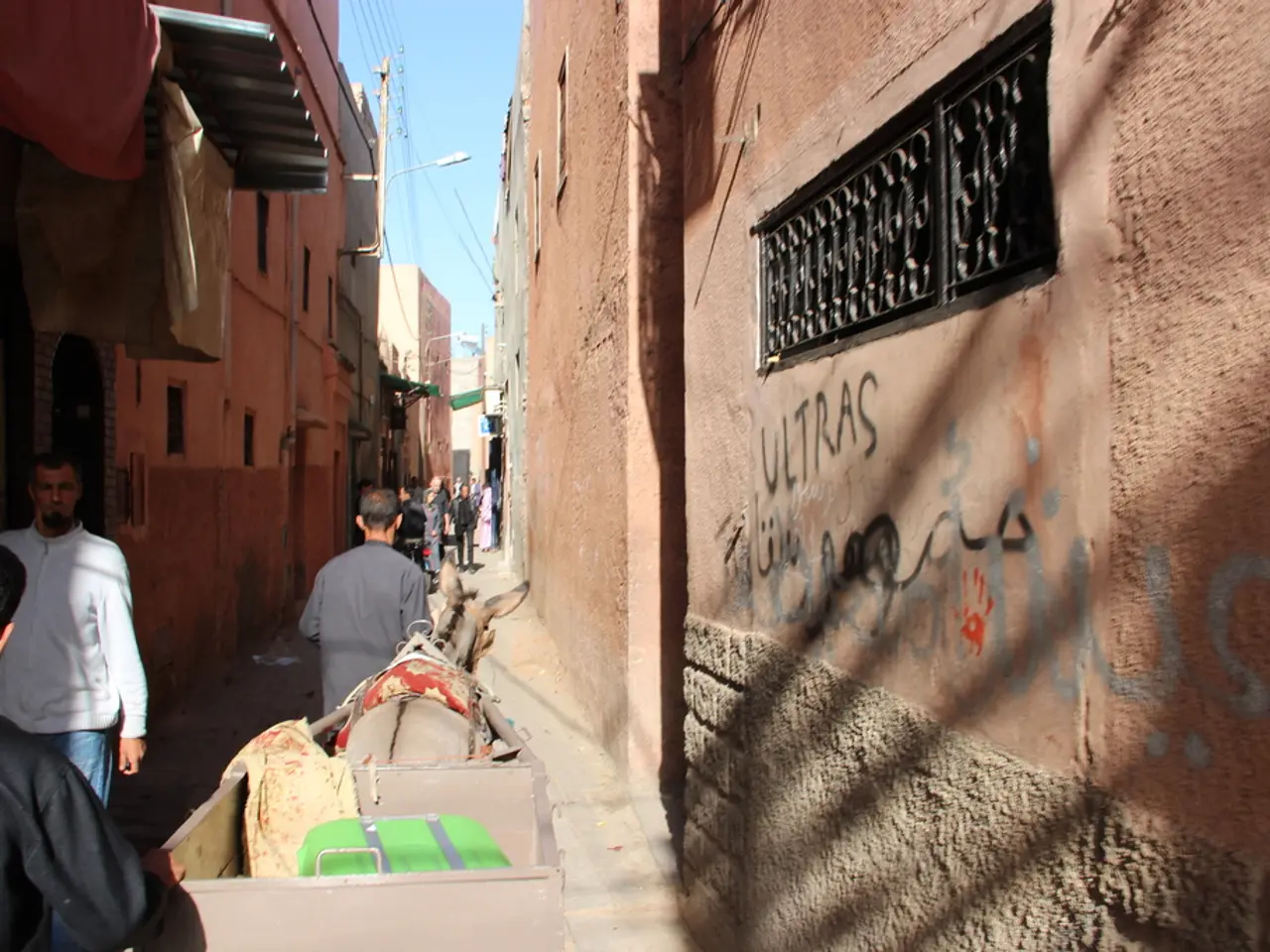Human rights protections are set to be abolished in Rwanda, according to a recent warning in a report.
The Rwanda bill, aiming to counter a Supreme Court judgement that found Rwanda is not a safe place for UK asylum seekers, is set to undergo intense scrutiny in the House of Lords today. The bill, embodied in the Safety of Rwanda (Asylum and Immigration) Act 2024, has been met with significant criticism and concerns regarding its potential impact on the treatment of refugees and the UK's international reputation.
Treatment of Refugees
Critics argue that the Rwanda bill risks violating international protection standards by outsourcing asylum processing to Rwanda, a country controversially perceived as a "safe third country" without adequate safeguards for asylum seekers. Concerns include a lack of transparency and fairness in the selection and approval process of individuals deported to Rwanda, raising fears about their adequate protection, integration support, and respect for their rights once relocated.
Women's rights groups and refugee advocacy organizations emphasize that elements of the bill may disproportionately adversely disadvantage women and girls, contradicting Home Office policies, UK case law, and international human rights standards, making parts of the bill vulnerable to legal challenges.
Impact on the UK's Reputation
The bill and related policies have drawn criticism for damaging the UK's reputation as a country that respects asylum and refugee rights. The Supreme Court's rejection of the government's Rwanda plan described it as harmful, underscoring judicial concern about the policy's alignment with UK and international legal obligations.
The UK Government itself has moved away from advancing this policy, with the current administration announcing it will not proceed with the Migration and Economic Development Partnership with Rwanda and intends to repeal the Safety of Rwanda Act altogether. This withdrawal reflects acknowledgement of the policy's controversial nature internationally and domestically, including legal challenges and humanitarian criticisms, which could undermine the UK's standing on human rights and asylum governance globally.
In November 2022, the Supreme Court found five reasons as to why the bill is unlawful, including inadequate asylum interviews, lack of legal representation, insufficient skills of Rwandan officials, potential political influence on judges, and potential violation of human rights obligations. The Rwanda bill, however, claims that Rwanda is a safe country and that anyone sent there by the government will not be forcibly removed to an unsafe country.
The report finds it unclear whether this claim can be guaranteed in practice. The bill is also incompatible with the UK's human rights obligations, erodes protections laid out in the Human Rights Act, contravenes part of the European convention on human rights, and falls short of the UK's commitment to comply with international treaties. The committee chair, Joanna Cherry MP, has stated that no number of improvements would be able to save the Rwanda bill. Joanna Cherry MP has also stated that the Rwanda bill eliminates the fundamental right to access a court.
In summary, the recent report highlights significant human rights concerns, especially regarding asylum seekers' welfare and legal protections, alongside recognition that the Rwanda bill has attracted widespread criticism risking reputational damage to the UK and prompting a policy reversal by the current government. The Rwanda bill is set to face heavy scrutiny in the House of Lords today, with its future uncertain amidst ongoing debates and concerns.
Read also:
- United States tariffs pose a threat to India, necessitating the recruitment of adept negotiators or strategists, similar to those who had influenced Trump's decisions.
- Weekly happenings in the German Federal Parliament (Bundestag)
- Southwest region's most popular posts, accompanied by an inquiry:
- Discussion between Putin and Trump in Alaska could potentially overshadow Ukraine's concerns








